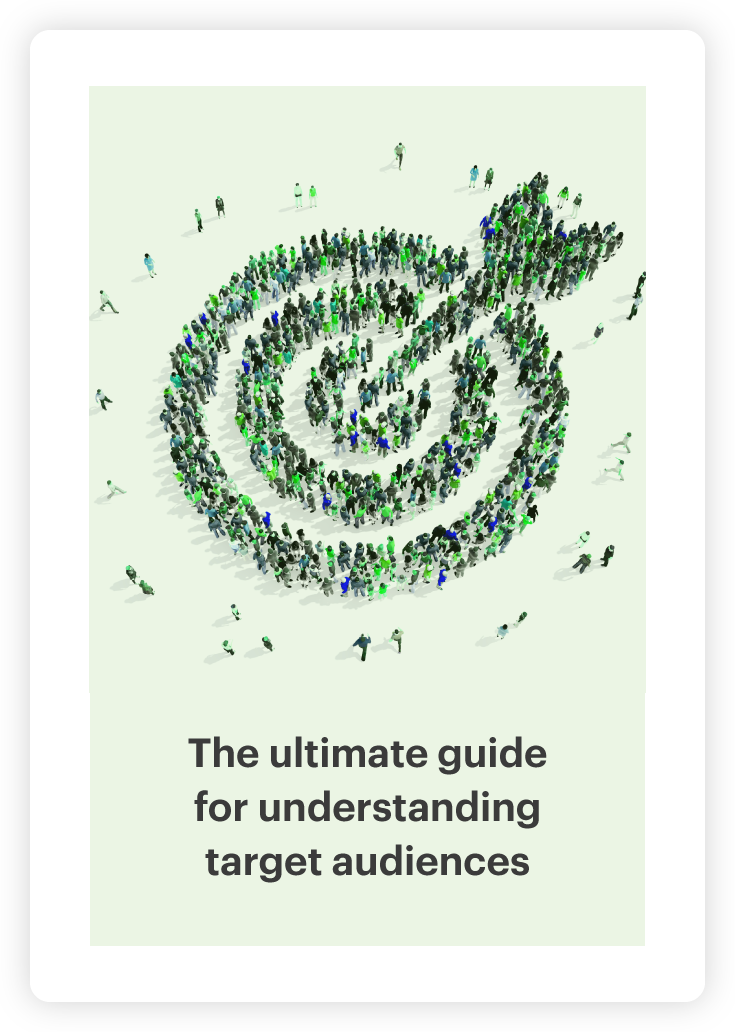Comparing how millennial mums and Gen Z speak about Valentine’s Day

Roses are red, violets are blue.
Brands, keep reading to see what Relative can do for you.
February 14 – the annual celebration of love in all of its forms – romance, friendship and family. But how do people really feel about Valentines day, do different demographics feel differently about this day of love?
We wanted to know if the younger generation think they’re too cool for heart shaped chocolates, or if mums juggling childcare and work have the time or inclination to celebrate? So we looked on online forums to see.
Since so many brands play on Valentine’s in their marketing strategy, we wanted to understand how different audiences perceive this hallmark day. Specifically, millennial mums compared to Generation Z.
Using Relative Insight, a comparison-based text analysis platform, we analysed thousands of online conversations exclusively about Valentine’s Day. We compared dedicated mum forums to the Twitter conversations of 18 to 24 year olds, creating a clear demographic comparison. Relative Insight pinpoints the words, phrases, grammar, topics and emotion which are unique to each demographic, helping brands to better understand their audiences. Here’s what we found:
Millennial mums
The usual
For some people, Valentine’s Day is a special chance to showcase admiration for that special someone. But for others that’s simply just the norm. In comparison to Gen Z, millennial mums were 3.9x more likely to compare the day to usual. Mums discussed going about Valentine’s Day normally or describing what they usually do with their long-term partner, such as cooking dinner or ordering takeaway.

Cosy nights in
When it came to special plans for Valentine’s Day, mums were much more likely to depict a cosy night in and discuss specific home furnishings – bed, table, sofa and blanket to make Vday special. Brands should bear this in mind when targeting couples with children, as the likelihood is that Valentine’s Day will be child-friendly and spent at home – regardless of the pandemic!

Ignore at all costs
In comparison to their Gen Z counterparts, millennial mums were more likely to suggest ignoring the day all together. Some claimed that the day was a hallmark holiday purely about commercialism. The words ignore, avoid, stressful and fuss were infinitely more likely to appear in mums’ conversations than Gen Zs.


Nostalgia
Despite some choosing to ignore Valentine’s Day completely, many mothers appeared nostalgic for times gone by. Millennial mums used words such as anonymous, secretly and primary school to depict childhood memories of anonymous classroom admirers. Being reminded of the past, of a first love or an infantile crush, evokes emotion in this demographic which brands could utilise in their comms when targeting this sector.

Generation Z
Valentine’s gifts
In stark contrast to this, Gen Z are 7.1x more likely to refer to gifts and presents when speaking about Valentine’s Day. Despite being a generation synonymous with social movements, climate change and political activism, this suggests that the younger generation are in fact interested in the commercial and materialistic aspects of relationships. 
Lonely hearts club
Young people appear to be the most social, interactive and connected demographic. However according to recent studies, Gen Z are the loneliest generation and social media is thought to be the main contributing factor. With this in mind, it’s unsurprising that Gen Z singles are 17.5x more likely to use the word lonely when discussing Valentine’s, expressing feelings of sadness on their social media.

Galentine’sBut despite these feelings of loneliness, Generation Z are more likely to mention friendships in their conversations about Valentine’s Day. Or shall we say, Galentines! Gen Z refer to their mates, friends, bros, homies and girls 2.9x more than millennial mums. Brands could tap into this linguistic trend when targeting Gen Z on Valentine’s, incorporating friendship into their campaign messaging.

Acronyms
Often, the insights we discover at Relative not only reveal what an audience talks about, but how they talk. In this case, Generation Z were more likely to use abbreviated language and acronyms on Twitter. Brands wanting to retain a young image should aim to mirror this, to establish a closer relationship with this demographic.

Understanding the intricacies of different demographics is crucial for brands and marketeers. Through language comparison, Relative Insight will equip you with insights to gain a deeper understanding of audience segments. Brands can use these unique insights to inform marketing decisions and to help establish effective communications.
